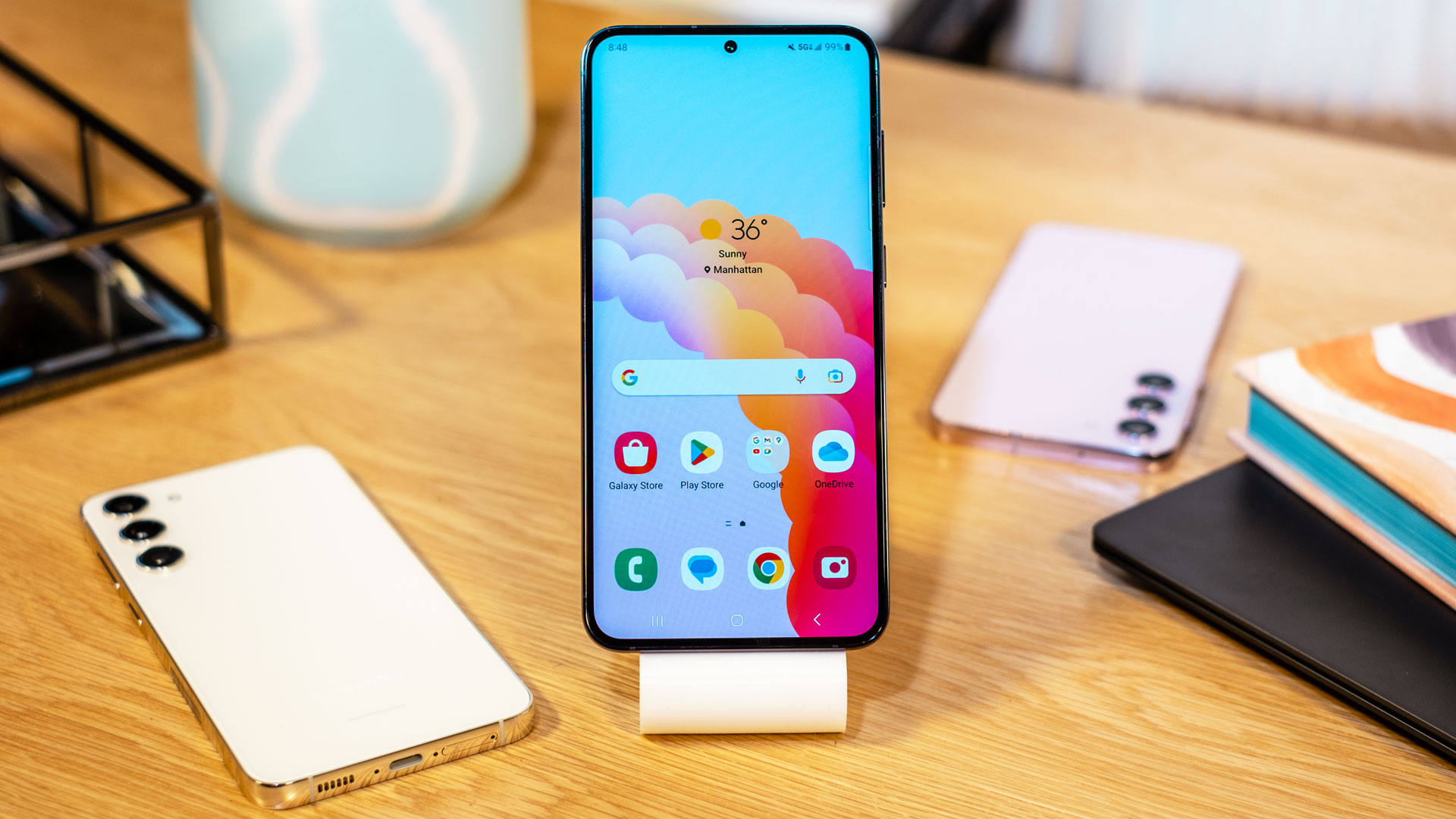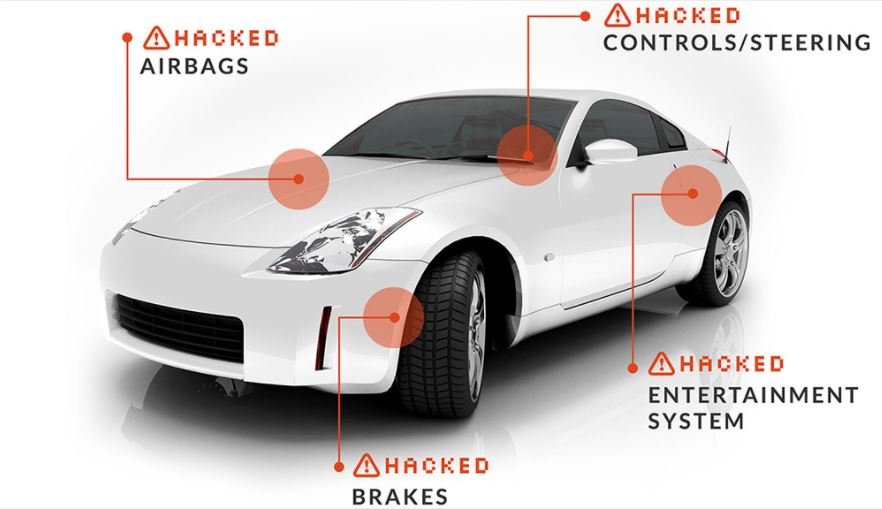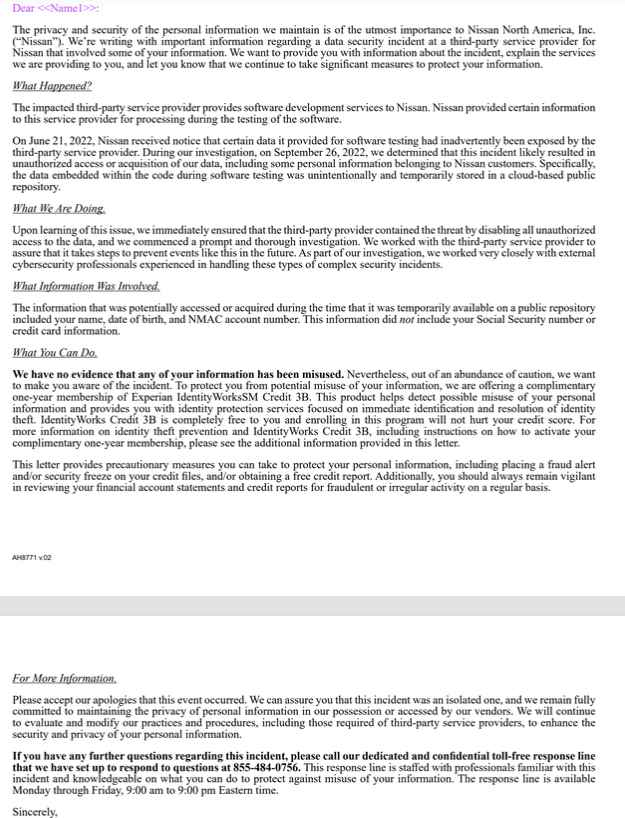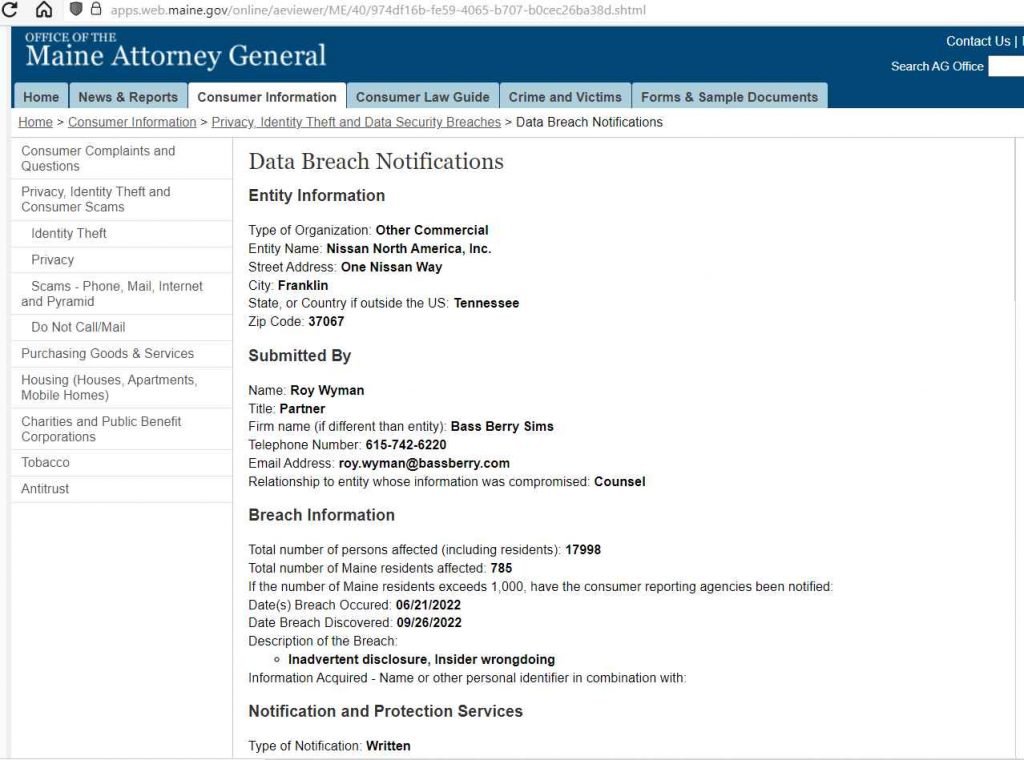I’m a tech expert – millions risk losing everything by breaking ‘number one security rule’ on iPhone and Android
CYBER experts have revealed why you must never use the same password more than once.
Gadget users risk a dangerous wave of cyber-attacks if they make a simple (and very common) mistake.
Often people choose one strong password – and then use it over and over again.
That’s because it’s easy to remember just one password, giving you quick access to all of your accounts and apps.
But it’s extremely dangerous, according to Brad Freeman, director of technology at SenseOn.
“The number one security rule is don’t reuse passwords,” Brad exclusively told The U.S. Sun.
“Many websites will get compromised and reusing the same password could cause a cascading failure as attackers can access multiple services which you have signed up for.
“This could allow an identity thief to build up a rich picture about you to commit fraud against you or your employer.”
If one account is hacked or leaked, crooks can use your password to break into all of your accounts that share the same login.
This means that a small breach somewhere can suddenly cascade into an enormous cyber-attack.
It puts you at serious risk of financial loss and being defrauded.
Hackers could even use a major cyberattack like this to spy on you, or even extort or blackmail you.
Thankfully staying safe is easy: Don’t re-use passwords.
If that seems difficult, it’s best to start using a password manager.
You may already have one: Apple devices like the iPhone offer you iCloud Keychain.
This will automatically generate strong passwords for accounts and then save them for you – refilling the login field when it’s needed.
Google offers a similar password-management feature through its Chrome browser.
And both Apple and Google are trying to push users away from passwords altogether to a new system called Passkeys.
Password-less logins are only just becoming available, and mean you don’t have to risk having a password for an account at all.





